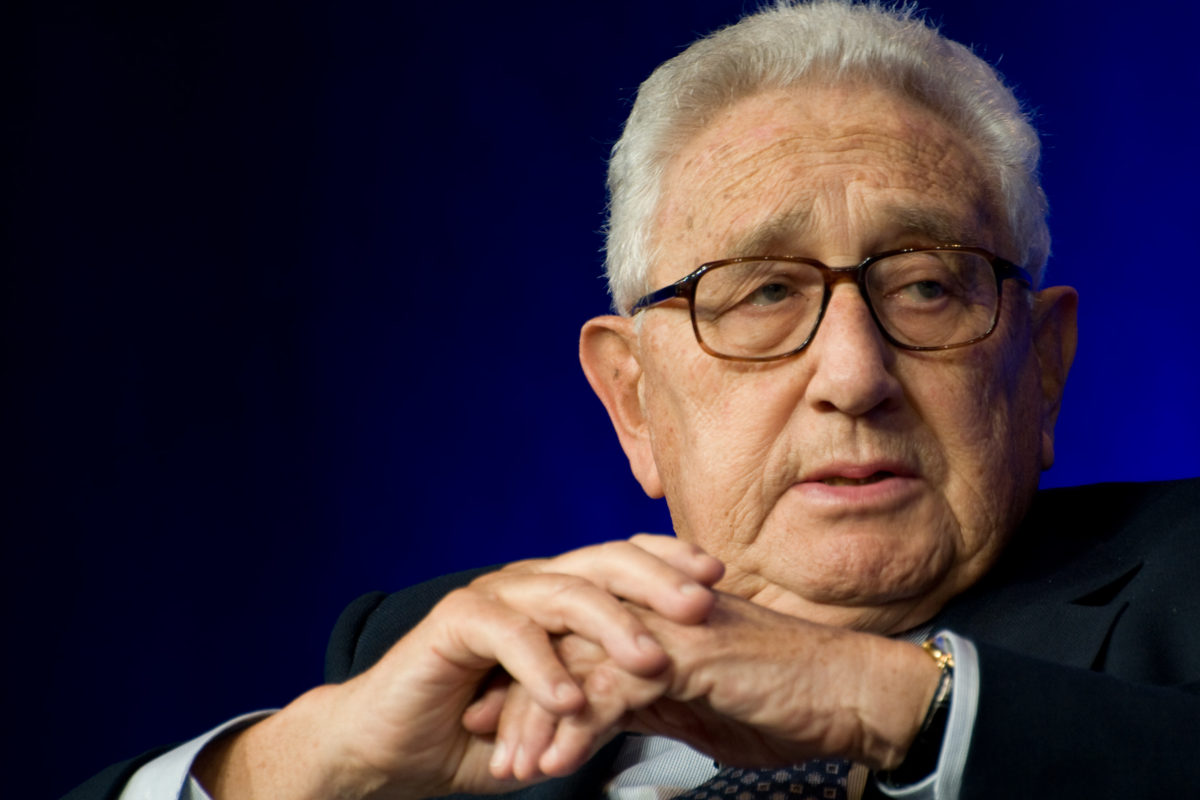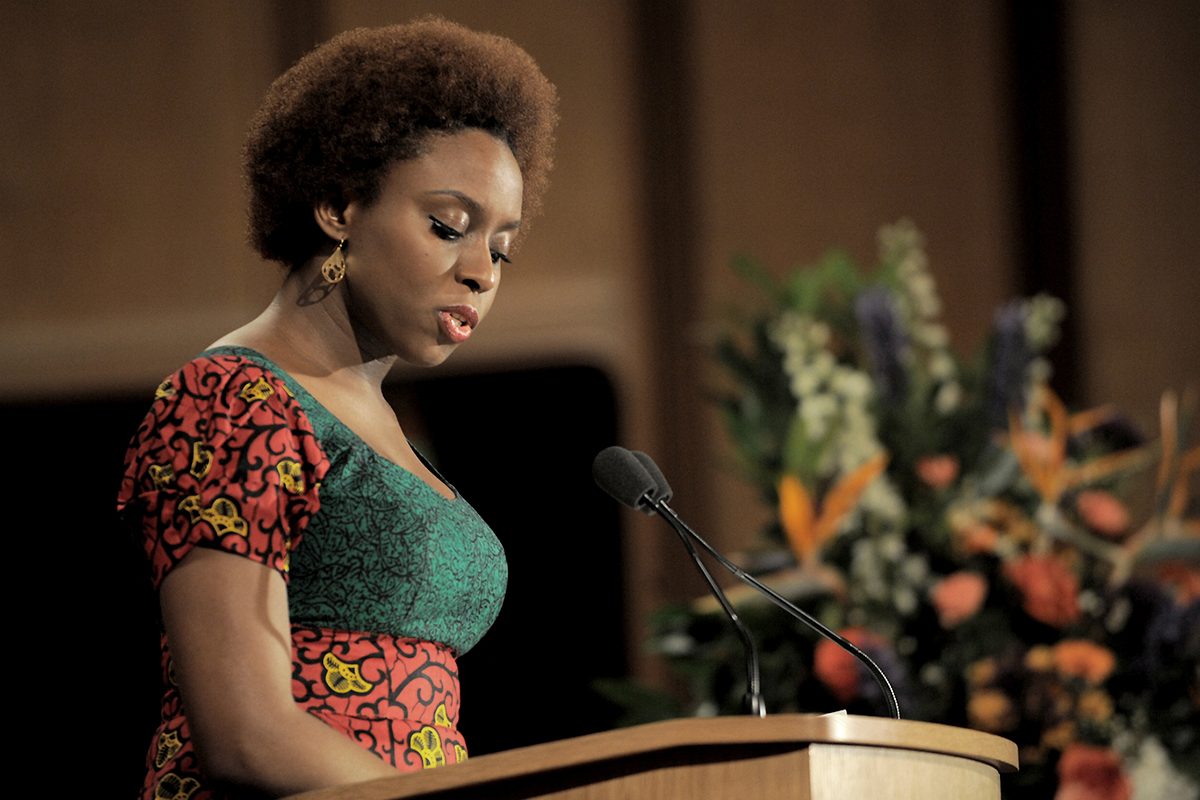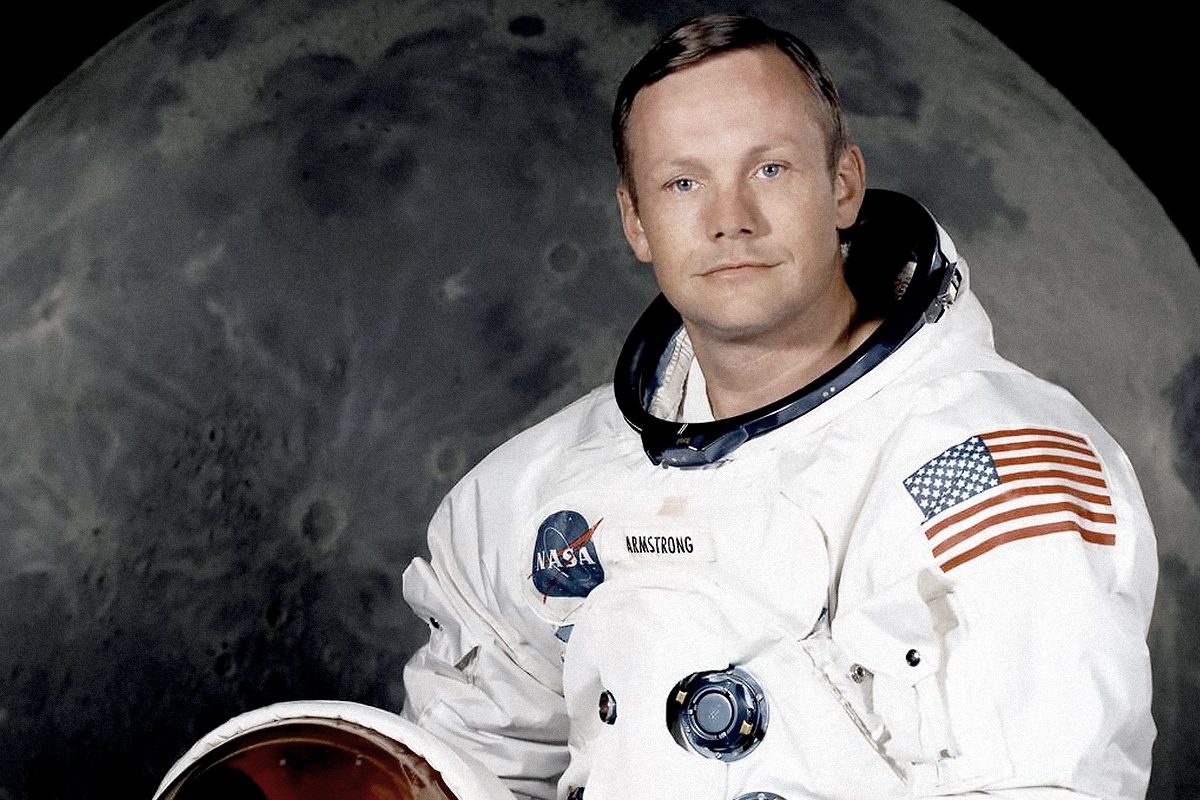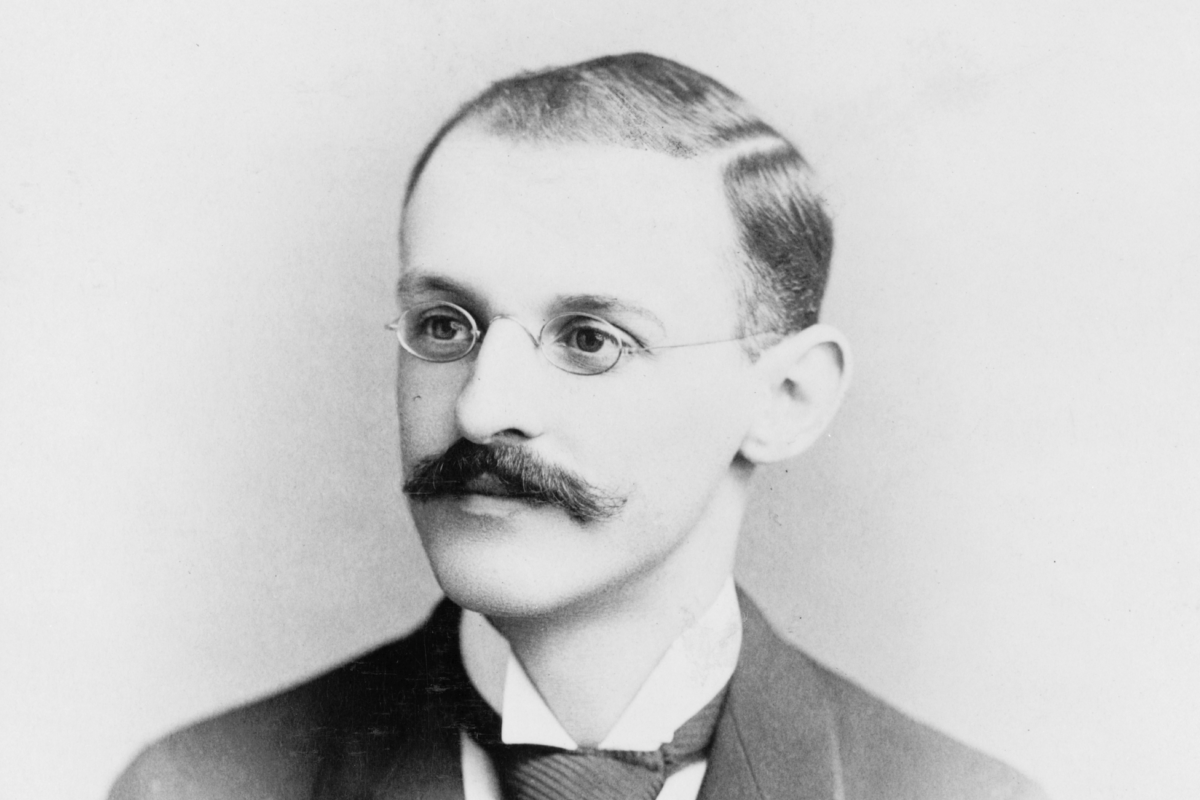“A country that demands moral perfection of itself as a test of its foreign policy will achieve neither perfection nor security.”
~Henry Kissinger, German-American statesman
“Reflections on Containment” (May/June 1994) Foreign Affairs, Vol. 73, No. 3, p. 130; online via JSTOR [subscription service] www.jstor.org










